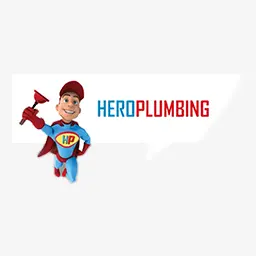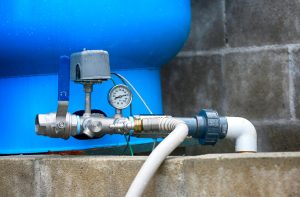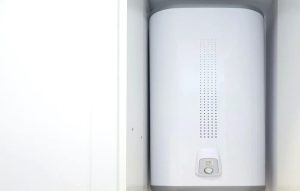Table Of Contents
- Types Of Hot Water Systems
- Factors When Choosing The Best Hot Water System
- Need The Best Solar Hot Water System?
Do you want to invest in a hot water system or heater in your residential or commercial property in Australia? This is a great investment decision since the heaters ensure that you have a constant supply of hot water for use at all times.
It’s important to understand that hot water systems do not offer a one-size-fits-all solution; therefore, the best system for you is dependent on several factors.
Settling on the best hot water system to invest in without guidance might be a daunting task as several types are available in the market.
Consequently, you must make several considerations to ensure you get the one that best serves your hot water needs effectively. To help you decide, this article looks at the different types of water heaters. It also covers the various factors to consider during the selection process to ensure that you get the best system for your hot water needs.
Types Of Hot Water Systems
As mentioned before, there are several hot water systems to choose from for your hot water needs. To give you a better idea, we will look at the different types, their advantages, and their disadvantages to help you determine the best option for your property.
The different types of hot water systems are as follows:
- Solar hot water systems
- Gas hot water systems
- Electric hot water systems
Solar Hot Water Systems
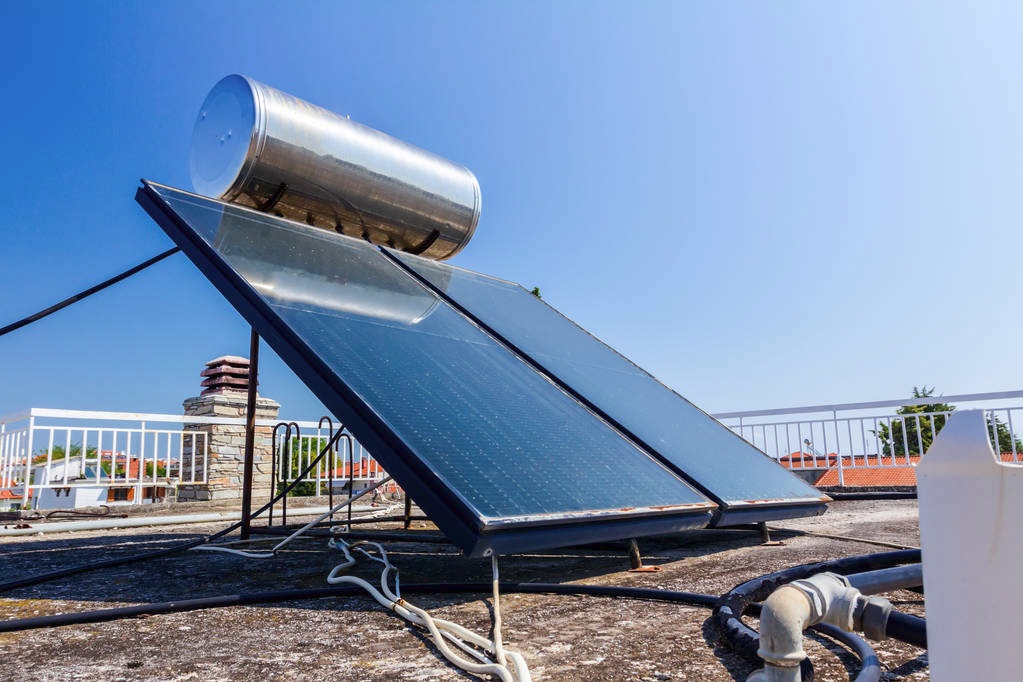
Solar hot water systems draw energy from the sun, which is collected by the solar panels installed on your roof or ground. Approximately 80 per cent of sunlight is converted into energy, which is then used to heat and maintain the temperature of the water in your storage tank.
Solar water heaters are a great alternative to conventional water heaters since they leverage the sun’s power to heat water. This hot water system uses renewable and free solar energy, which is both environmentally friendly and cost-effective.
Advantages of solar hot water systems
- Save on heating bills: One of the most significant advantages of installing a solar water heater is your energy savings. You will enjoy using free hot water since you don’t pay any bills at the end of the month. Oftentimes purchasing and installing solar hot water results in higher upfront costs. It is an excellent investment since you are guaranteed to save more in the long run.
- Little or no maintenance needed: Once you install a solar water system on your property, you do not have to worry about maintenance. Unlike gas and electric heaters, no active maintenance is needed. For safety precautions, you need a trustworthy plumber to inspect it after several years. This also saves you on maintenance costs.
- Eco-friendly: Solar water heaters are the best option in terms of environmental friendliness. Since they use sunlight, they do not release greenhouse gases into the environment, unlike their counterparts that use fossil fuels.
Drawbacks of solar hot water systems
Here are some of the drawbacks of solar hot water systems:
- High upfront costs: Since solar water heaters are both costlier to purchase and install when compared to other hot water systems, you are bound to incur higher upfront costs. Consequently, with a limited budget, they might not be your best option. However, solar water heaters are the most cost-effective option in the long term, as the high installation cost will pay for itself with time.
- Their performance depends on climate: Since solar heaters are powered by the sun, it means that on cloudy and rainy days, they might not work as effectively. As a result, it is advisable to have backup systems to use during such days.
Gas Hot Water Systems
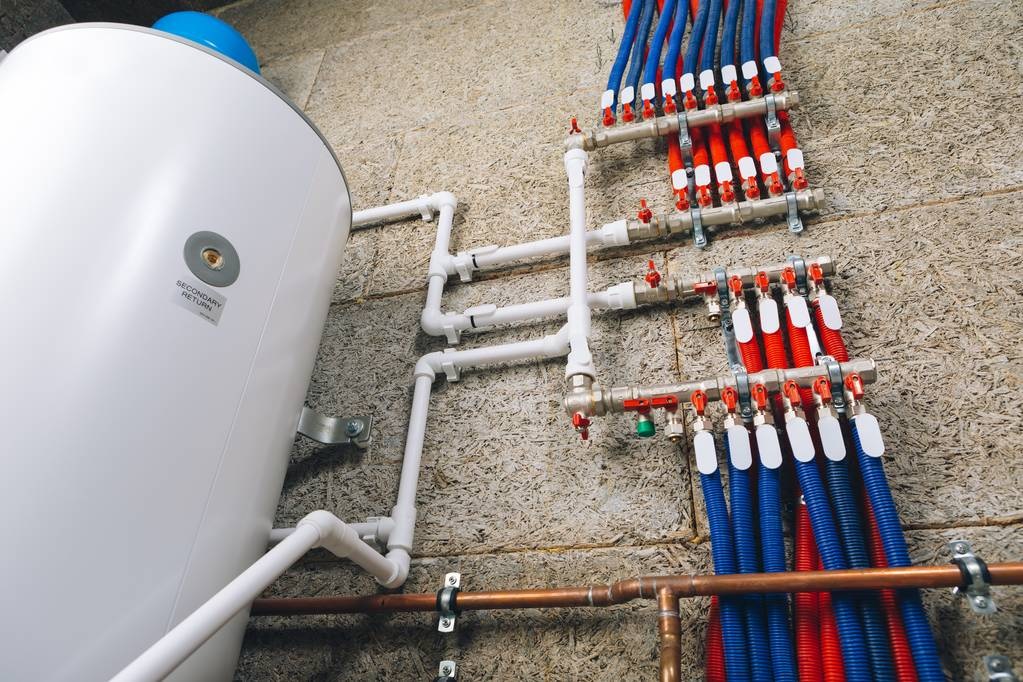
A gas hot water system uses gas to heat water. Heaters with a storage system have a gas burner that heats water continuously and maintains the water temperature at about sixty degrees Celsius. On the other hand, the burner on gas heaters with continuous flow systems only ignites when you need hot water.
A gas heater is an ideal hot water system only if you already have a gas line on your property. This is the case as you will incur quite a lot of cost to install a gas line if you do not have one.
Here are the advantages and disadvantages of gas hot water systems:
Advantages of gas hot water systems
- Heat water faster: Gas hot water systems work twice as fast as their electric counterparts. They can heat up to two hundred litres of water an hour, while electric systems only heat a hundred litres in the same duration. As a result, with a gas water heater, you are guaranteed to always have hot water in your home. These systems are also ideal if you have more members in your household, as they can keep up with the high hot water demands.
- Reduced energy costs: Natural gas is less costly than electricity, so installing a gas water heater will allow you to save quite a bit on your energy bills. However, since you still have to pay for gas, this system is pricier than a solar hot water system.
- Fewer inconveniences: With a gas hot water system, you will not lack hot water even when there are power disruptions. As long as you have a natural gas supply, you will always have enough hot water for your needs.
Disadvantages of gas hot water systems
Here are the downsides of installing a gas hot water system on your property:
- High initial cost: Though you incur lower energy bills, gas hot water systems involve a high initial cost. It costs you more to install and maintain the appliance since you must also have a ventilation system installed. However, it will make up for the price difference after a few months if well maintained.
- Shorter lifespan: A gas hot water system has a shorter lifespan than its electric and solar counterparts.
- More complex installation: These heaters are more complicated to install as you will also need a ventilation system. If your home has never installed a gas heater, you must install PVC pipes to vent through your roof. Additionally, the ventilation system needs regular maintenance or repairs.
Electric Hot Water Systems
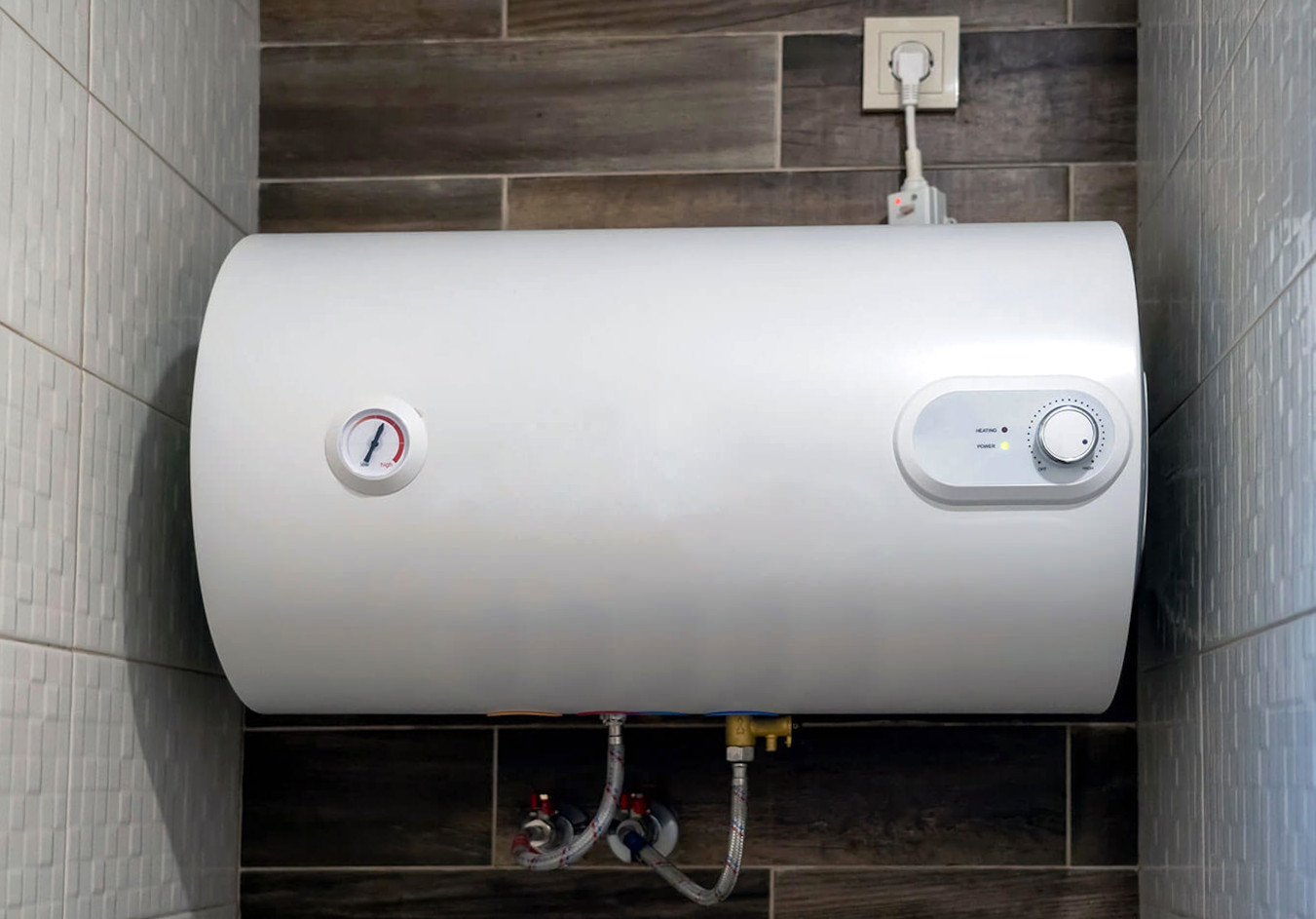
Electric hot water systems heat your water with an electric-powered element located at your storage tank’s base. The element is coiled around the pipes to heat the water rapidly.
Advantages of electric hot water systems
- Lower upfront costs: An electric hot water system has lower upfront costs. The size of the heater determines the price, but you can expect the upfront costs to be lower than that of gas or solar hot water systems. The installation cost is low since you don’t require an exhaust or ventilation system, as with gas heaters. However, you will spend more on a tankless electric hot water system than you would on a traditional tank system.
- Easier to install: Almost every residential or commercial property in Australia is connected to the electric grid. This makes it easier for you to install an electric water heater than a gas water heater. This is because your home must have a propane supply or gas line for gas hot water systems. If it doesn’t, you must have it installed, making the installation more complex and costly.
- Easy to operate: It’s easy to operate electric hot water systems as they are powered solely by electricity. Consequently, you do not have to schedule gas deliveries. As long as you have electricity, you only need to flick the necessary switch to use your water heater.
Disadvantages of electric hot water systems
- Costly in the long run: Though the initial cost is lower than that of solar and gas hot water systems, electric water heaters are costlier in the long run. You have to pay high energy bills because electricity is more expensive than other energy sources.
- More inconveniences: When there is a power outage, you cannot heat your water until the power is back. As a result, you face a lot of inconveniences, especially if you live in an area that experiences constant power issues.
Factors When Choosing The Best Hot Water System
Below are some of the critical considerations to make when choosing a hot water system that is perfect for your needs. It’s advisable to consider each factor to make an informed selection. Keep in mind that a hot water system is costly. Therefore, you must install an appliance that’s guaranteed to give you a good return on your investment.
Below are the considerations to make:
The type of hot water system
Based on what you can see from the above list, there are many types of systems to choose from, with different features and working mechanisms. Choosing a hot water system that best appeals to you is important.
Therefore, the first thing to consider is your preference. To figure this out, consider all the advantages and disadvantages discussed above to settle on a system that will effectively meet all your hot water needs.
As you consider the type, also note whether you have ample space to ensure you get the one that will fit well. The above guide can help you make a more informed choice.
Storage tank vs. continuous flow water system
It’s also important to consider whether you need an instant hot water or storage tank system. An instantaneous system or continuous flow allows you to heat water as required.
On the other hand, a tank system will enable you to heat water and store it in the tank to use later. A tank system is more cost-effective; however, you should also note that it requires more space.
Since a hot water storage tank will be installed on your property, this system is only ideal if you have adequate space to accommodate the tank.
Let’s look at both the advantages and disadvantages of each of the two systems.
Advantages of a continuous flow water system
- Provides a continuous supply of hot water: With this system, you will never run out of hot water in your residential or commercial property. Regardless of the number of people using the bath or shower, you can be assured of a constant hot water supply.
- Energy efficiency: The continuous flow water system is more energy efficient than the tank system. This system only heats water when needed. As a result, no energy is wasted in maintaining the temperature of the stored water temperature as is the case with its counterpart.
- Saves space: If you have limited space on your property, this is the best system since it does not necessitate the installation of a tank or cylinder.
- Easy to adjust the temperature: This system heats water to the desired temperature. Therefore, changing the water temperature is easy to ensure that users are not scalded.
- Offers power flexibility: A continuous flow hot water system provides flexibility regarding what power sources it can use. Depending on the power source, you can have a system powered by natural gas, LPG, or electricity.
- Available in varying capacities and sizes: Continuous flow water systems are available in various delivery capacities and sizes. Consequently, you can choose the option that best fits your home depending on its size and your hot water needs.
Disadvantages of a continuous flow water system
- Delay: This system can delay before attaining the desired temperature for you to use.
- Small capacity: If you have a large home and many household members, you might require several units to meet your high water needs.
Advantages of a storage tank system
- Available in different sizes: Storage tank systems are available in different sizes; therefore, you have many options to choose from depending on your household needs. There are tanks ranging in size from around 90 litres to 360 litres of water.
- Installation is less costly: It’s cheaper to install a storage tank hot water system than its tankless counterpart. So, if you are working on a limited budget, this is a good option.
- Easier installation, maintenance, and repair: It’s easier to install, repair, and maintain storage tank hot water systems than the tankless versions, which are more complex in design and working mechanisms.
Disadvantages of a storage tank system
- Occupies a considerable amount of space: These hot water systems have a tank, necessitating ample space to accommodate them. This feature makes them an unsuitable option if you have limited space in your house.
- Shorter lifespan: Conventional storage tank hot water systems could last up to eight to twelve years, which is significantly less compared to tankless ones that could last up to twenty years.
- Higher risks involved: Storage tank water heaters might explode because of sediment build-up or excess pressure in the tank. This puts your family and entire property at risk. This is why it’s crucial to have a professional undertake regular inspections.
Number of people using the hot water
It’s also advisable to consider the number of people using the hot water. A typical water heater could hold about two hundred and thirty litres of hot water or more. The number of people using the hot water determines the size of the water heater you install.
If your home has many members who use separate bathrooms with showers in each of them, you should get a water heater with a larger capacity tank. As an alternative to the tank system, you could consider investing in a tankless hot water system to provide hot water to all the members of your household as needed.
This does away with figuring out the ideal storage tank size to install. However, if you are alone, you could invest in a small hot water system since the water demand is also low.
Age of the occupants
If you have a lot of children in your home, you will likely use more water than you would if only adults were residing in your home. Children and teenagers usually spend more time in the showers thus using more hot water.
Toddlers might also require several baths a day. As a result, you should invest in a hot water system with a sizable capacity to supply enough water to cater to all these needs.
Appliances using the hot water simultaneously
You need to consider if you will have appliances using the hot water simultaneously. This is necessary because, in such situations, you will need a large amount of hot water at once. For instance, more hot water is required when several people shower while the dishwasher and washing machines are running.
You don’t only need to invest in a hot water system with a large capacity but also one with immense pressure to ensure all the taps produce enough water at the same time.
Do you use a bathtub or shower?
When choosing a hot water system, it’s also worth considering if you have showers or bathtubs in your home. If you have showers, a smaller hot water tank can do because a standard shower head provides a water flow of about twelve litres per minute.
On the other hand, with a bathtub, you need a larger hot water tank since it takes around one hundred and fifty litres to three hundred litres to fill, depending on the shape and size of the bathtub.
Available connections
You should also consider the connections in your home to determine the best hot water system to install. This is necessary because your house might not be compatible with some hot water systems. For instance, a gas hot water system is the best option if your home is only connected to a gas line.
Additionally, a solar hot water system is ideal if solar panels power your property. Finally, you could invest in any of the available hot water systems if your home has all connections, namely gas, electricity, and solar.
Available space
This is a critical consideration to make because different water heaters come in different sizes. As a result, you need to consider the available space and install a system that will comfortably fit the said space.
This is why tankless hot water systems are the best option, as they only occupy a small space. They don’t have a tank, so you can place them in any part of your house without wasting unnecessary space.
Advancements in technology have led to the development of hot water systems with improved size and space. Consequently, modern heaters are not as bulky as they used to be in the past.
Your budget
Your budget also determines the hot water system you can afford. As you shop, you will realise that the appliances are sold at different prices; some are pricey, while others are more affordable. Therefore, you only need to find one within your price range.
Additionally, as you consider the initial cost, you must also consider the amount you will spend using the water heater for several years. For instance, if you purchase an electric water heater, you should also consider the utility bills you will pay overtime to run it.
Gas is primarily cheaper than electricity, so a gas hot water system is an excellent option for you in terms of long-term savings. Overall, solar hot water systems are the best for long-term savings since you don’t have to pay any utility bills at the end of the month.
Environmental concerns
The best solar hot water system to purchase is one that will not cause environmental degradation. A solar system is an excellent option since it not only increases your savings on utility bills but is also safe for the environment.
This is because it utilises sunlight and does not emit any greenhouse gases that cause environmental pollution. A gas hot water system is also environmentally safe as it produces fewer greenhouse gases than its electric counterparts.
When you invest in an eco-friendly hot water system, you also contribute to the many initiatives by the Australian government geared towards saving our planet from degradation.
Need The Best Solar Hot Water System?
From this guide, you can now determine the best hot water system to install on your property in Australia. The most important thing is to pick a system that will effectively meet all your hot water needs.
It’s advisable to work with a reliable plumbing contractor in your locality to guide you in the process and also do the installation. A professional plumber can help assess your overall hot water needs to help you pick a heater that will serve you well.
They can also help you perform high-quality installation, maintenance, repairs, and other services to ensure your hot water system lasts for many years. Make sure you work with a plumbing contractor certified by the government and other relevant authorities to offer plumbing services in the country.




